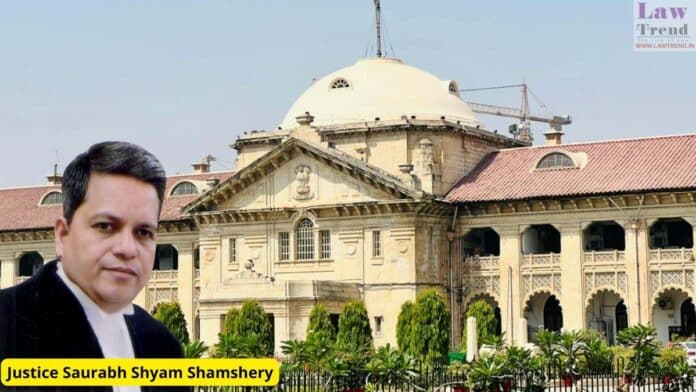In a recent decision, the Allahabad High Court underscored the importance of “clean hands” in pursuing legal claims, dismissing a petition filed by Mahendra Singh in a contentious land dispute. Justice Saurabh Shyam Shamshery presided over the case, highlighting the petitioner’s failure to disclose crucial previous proceedings related to his claim. Representing the petitioner was
To Read More Please Subscribe to VIP Membership for Unlimited Access to All the Articles, Download Available Copies of Judgments/Order, Acess to Central/State Bare Acts, Advertisement Free Content, Access to More than 4000 Legal Drafts( Readymade Editable Formats of Suits, Petitions, Writs, Legal Notices, Divorce Petitions, 138 Notices, Bail Applications etc.) in Hindi and English.




